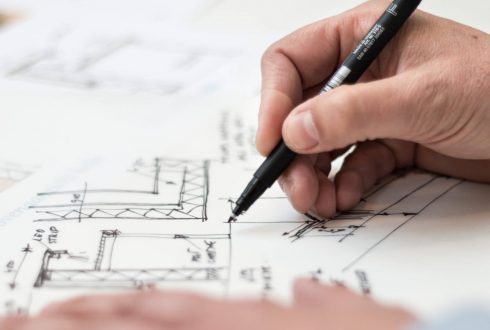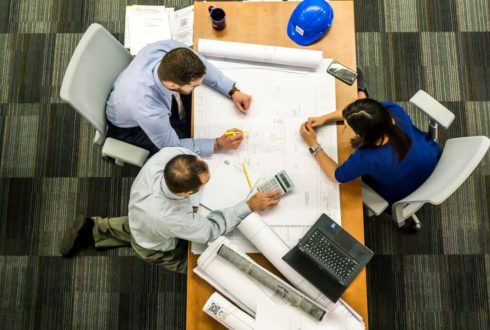- Palm Beach: (561) 372-6102,....... Orlando: (321) 355-6052......Broward: (954) 361-4524.
- info@EMAengineers.com
- Mon - Sat: 9:00AM - 6:00PM
Metal Roof Damage Inspections
Metal Roof Damage Inspections
Metal Roof Damage Inspections
Steep-Slope and Low-Slope Roofs
Metal roof damage inspections after a storm are done by professional engineers. lyletal roofs can be installed on steep slope roofs. The metal roofing industry defines a steep slope as
a roof with a pitch of 3:12 or greater. Some products can be installed on roofs with a slope as low as 2:12. Slope limitations vary by manufacturer. Confirmation of compliance with manufacturers specifications lies well beyond the scope of metal roof damage inspections. If you suspect that a roof does not comply with the manufacturer’s installation requirements, recommend further evaluation by a qualified engineer or a roofing consultant.
Metal roof inspections check for evidence of various damages to the metal roofs after a storm. Normally a metal roof shall not be installed at a slope lower than the minimum recommended by the manufacturer. Occasionally, someone will attempt to get away with installation on a slope lower than that recommended by installing waterproof underlayment. This is insufficient and such an installation is defective.
Metal Roof Damage Inspections
Solid sheathing is typical for a roof deck for metal roofing, although it can be installed over closely spaced boards. Some types can be installed over battens, which are sometimes called strapping.
Underlayment
Architectural metal roofing is designed to be installed over an underlayment. This is especially crucial when a metal roof is installed over existing roof-covering material during metal roof damage inspections.
Because structural panels have no deck on which to install underlayment, they may develop problems if they’re installed on homes that generate significant amounts of moisture or which have poorly ventilated attics that produce condensation.
You probably won‘t be able to confirm the presence of underlayment on homes with metal roofs, and structural panels are rare in residential construction
Metal Roof Damage Inspections For Panels
Metal may seem like a material better suited for commercial purposes, but you would be surprised by the types of buildings that benefit from metal roofs. Their use is widespread, and if you begin to pay attention, you’ll see them almost everywhere on:
Schools
Restaurants
Churches
Hospitals
Hotels
Stores
Office buildings
Homes
Barns
The list goes on. lt has excellent
weather resistance, making it an ideal choice for commercial purposes in many locations. It can keep patients in hospitals safer than other roof types because of its durability.
More and more homeowners are choosing metal because as an individual, your budget is limited and metal roof costs are lower than other materials overtime. No project is too small, and metal can be aesthetically pleasing if you want to utilize it for an overhang, an awning. your workshop. or another creative project.
Metal Roofing Maintenance After Metal Roof Damage Inspections
While metal roof maintenance is minimal, it’s important to conduct regular inspections to ensure there’s no damage or to see if you need to repair or replace it. Twice a year, you should inspect your metal roof by:
Cleaning off dirt and stains that the rain didn’t wash away
Cleaning drains and gutters
Checking for scratches, chipping, or fading
Removing any branches or other objects that may be caught in the roof
Removing any other metal objects touching the roof


Most of the time, rain and other weather will wash away anything on your metal roof. It it’s installed correctly, this is the way it’s supposed to work. The surface is smooth and intended to make it easy to remove dirt.
However, there will be times when you need to clean it a little or make sure branches and other debris aren’t scratching it. Depending on the type of metal, contact with other metals can cause it to degrade more quickly, so it’s also critical to check for any other metal objects that may be interacting with your roof and remove them.
